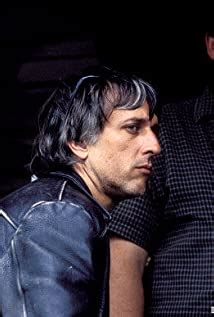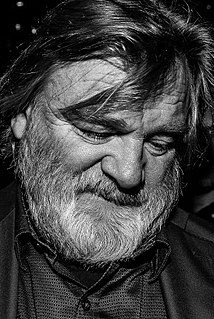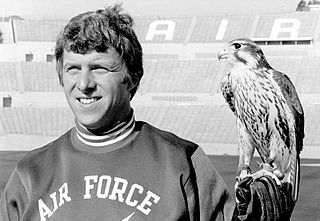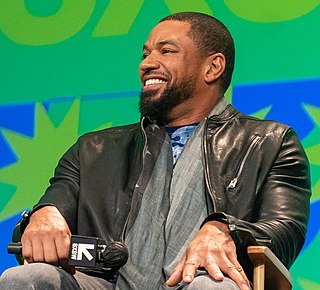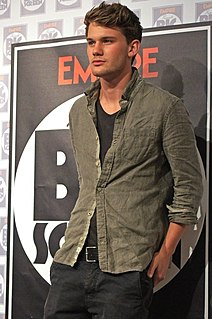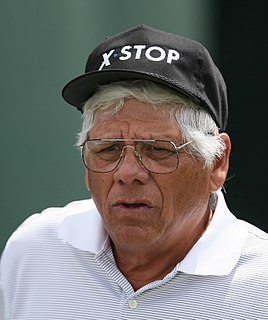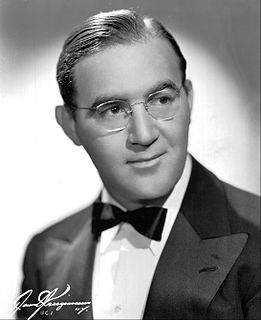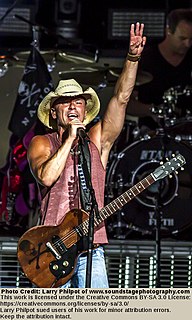A Quote by Kurt Voss
There's something with actors in their 40s, I don't know - there's this tendency with these guys, either they're not where they wanted to be, or - I mean, this guy was making good money and working a lot. It's almost like they have a bad conscience about the job, like it's unmanly or something, so they try to compensate by busting the director's balls 24/7.
Related Quotes
One of the good thing about theater in the states, is that the playwright we do have a say, especially in the beginning, when the play is being discussed around the table. We talk about the play, and the actors listen, and there have been cases, you disagree on something... I mean, actors don't usually tell you what they're going to do, they do it. Of course, you try to speak with the director and say, "Is there any way you can bring this actor to do something different?" You try as much as you can, but then, you also have to be open to interpretation.
I left Stone Sour in '97 because, by that time, we'd been together for about five years and I was kind of getting to the point where I wanted to do something different. I loved the music that we did and I loved the guys that I was with, but I was 24 and just felt like I needed to go and try something different so I didn't get stuck where I was, you know, just doing the same thing. And, coincidentally, that's when Slipknot came and asked me to join. I'd never done anything like Slipknot up until then, so I was like, "Okay, we'll try this and we'll see what happens." And it worked out.
Actors will always tell you it's more fun playing bad guys. A lot of the time, it's criminals who are the people who don't care. There's something extraordinarily seductive about the guy who doesn't care, and to play that guy is terribly empowering, because you don't have to worry about the consequences of your actions.
Some guys are just very, very interested in their sport and their predecessors. I know I was a guy like that when I was a young coach. I wanted to know about George Halas, I wanted to know about Jim Lee Howell, guys you don't even know. I wanted to know what they were like. So I read whatever I could get my hands on.
You know, I think a lot of times what happens when we as actors know we're playing a bad guy is we get into bad guy mode. You know what, man? In real life, bad people do good things too and good people do bad things. So you don't necessarily have to be the stereotypical bad guy to still do bad things.
What I wanted to do was drown something enormous, like a Star Trek or Star Wars kind of space opera-type thing, but actually make it about someone who was just married to the wrong guy, and that guy just happens to be this amazing dictator, and she has to get her kids as far away as possible from this guy. So something that could almost be a TV movie, if you'd ground it and set it in Wisconsin or something like that, but to give it this enormous setting.
I always think my job is like any other job. Every job has good and bad parts, and mine is to be a musician. I know why I started making music and I always knew there was no plan B. I'm passionate about it. I love being in the recording studio and researching sounds with the possibility of discovering something new. That motivates me.
Some of the guys I played with .. didn't go around learning more about their instruments from an intellectual point of view. All they wanted was to play hot jazz, and the instrument was just a means. I'd imagine that a lot of them criticized me-said my technique was too good. Something like that. But I've always wanted to know what made music. How you do it, and why it sounds good. I always practiced, worked like hell.
Alejandro Amenabar is a different kind of director than I lot of the directors I've asked for. He really asks you to enter his dream as opposed to, you know, a guy like Sidney Lumet or something is going to ask you to create a character almost like a documentary. He wants you to make the people really real and he's going to capture it like a documentarian.
As a songwriter, you're never off - for me, anyway. There's a certain mentality of people that decide, "Oh, we're going to try to write songs from this time of the day to this time of the day." Almost treat it like a real job. I can't do that. I've never been able to write songs like that. You never know when something creative is going to hit you, or emotion or whatever. You can take it, and turn it into something that makes somebody feel something. I love that about my job.
